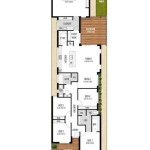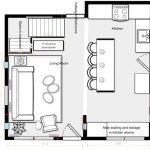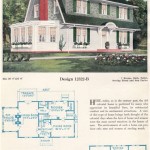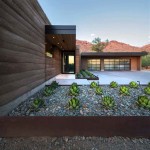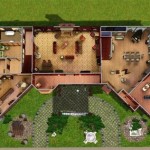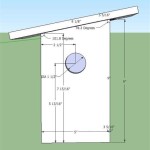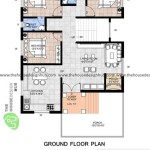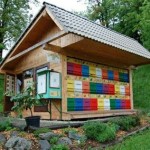House Design with a Plan: Essential Considerations for a Perfect Home
When it comes to creating your dream home, meticulous planning is paramount. A well-thought-out house design with a plan ensures that your home not only meets your current needs but also adapts to your future aspirations. Here are some essential aspects to consider when crafting your house design:
1. Functional Layout
The layout of your home should prioritize functionality and flow. Consider how you and your family will use each space and design accordingly. Create designated areas for specific activities, such as cooking, dining, relaxing, and sleeping. Proper traffic flow between rooms is equally important, ensuring a smooth and convenient movement throughout your home.
2. Natural Light
Incorporate ample natural light into your house design. Large windows, skylights, and sliding glass doors allow natural light to flood the interior, creating a bright and inviting atmosphere. Not only does natural light enhance the aesthetics of your home, but it also reduces energy consumption and promotes well-being.
3. Adequate Storage
Sufficient storage is vital to maintain a clutter-free and organized home. Plan for built-in closets, cabinets, pantries, and shelves. Consider hidden storage solutions such as under-bed drawers, pull-out shelves, and vertical organizers. Ample storage keeps belongings tucked away and out of sight, contributing to a cohesive and inviting space.
4. Energy Efficiency
Energy efficiency should be a fundamental aspect of your house design. Incorporate sustainable building materials, such as energy-efficient windows, insulated walls, and solar panels. Proper insulation and ventilation systems regulate temperatures, reducing heating and cooling costs while creating a comfortable indoor environment.
5. Outdoor Living Space
Extend the functionality of your home by creating an outdoor living space. A patio, deck, or balcony provides an additional area for relaxation, entertaining, and enjoying the outdoors. Consider the size, location, and amenities that best suit your needs and enhance the overall livability of your home.
6. Long-Term Flexibility
Design your home with future adaptability in mind. Anticipate how your family's needs may change over time. Consider flexible spaces that can be easily reconfigured for different purposes. For example, a spare room can be converted into a guest room, home office, or playroom as needed.
7. Architectural Style
The architectural style of your home should reflect your personal preferences and complement the surrounding environment. Choose a style that resonates with your taste and enhances the neighborhood's character. Consider factors such as materials, rooflines, exterior finishes, and window shapes when selecting an architectural style for your home.
8. Professional Guidance
Consider consulting with a professional architect or builder to bring your house design to life. An experienced professional can guide you through the planning process, ensuring that your home meets building codes, maximizes space, and aligns with your vision. They can also provide valuable insights into sustainable building practices and cost-effective solutions.
Conclusion
Creating a well-designed house with a plan is a collaborative effort that requires careful planning and consideration. By focusing on functionality, natural light, storage, energy efficiency, outdoor living space, long-term flexibility, architectural style, and professional guidance, you can create a home that meets your current and future needs, providing a comfortable, inviting, and beautiful living environment for years to come.

Top 5 Modern House Plans With Photos Floor Archid

3 Bedrooms Home Design Plan 10x12m Samphoas 3ac Model House Contemporary Plans Construction

Floor Plans Types Symbols Examples

18 Small House Designs With Floor Plans And Decors

18 Small House Designs With Floor Plans And Decors Construction Plan Architectural Design

Small House Plans Popular Designs Layouts

Home Plan House Designers In Bangalore Buildingplanner

House Floor Plans Your Best Guide To Home Layout Ideas Decorilla Interior Design

Duplex House Plan 6x13 Meter With 3 Bedrooms Design 3d

Modern House Design Floor Plans And Designs

